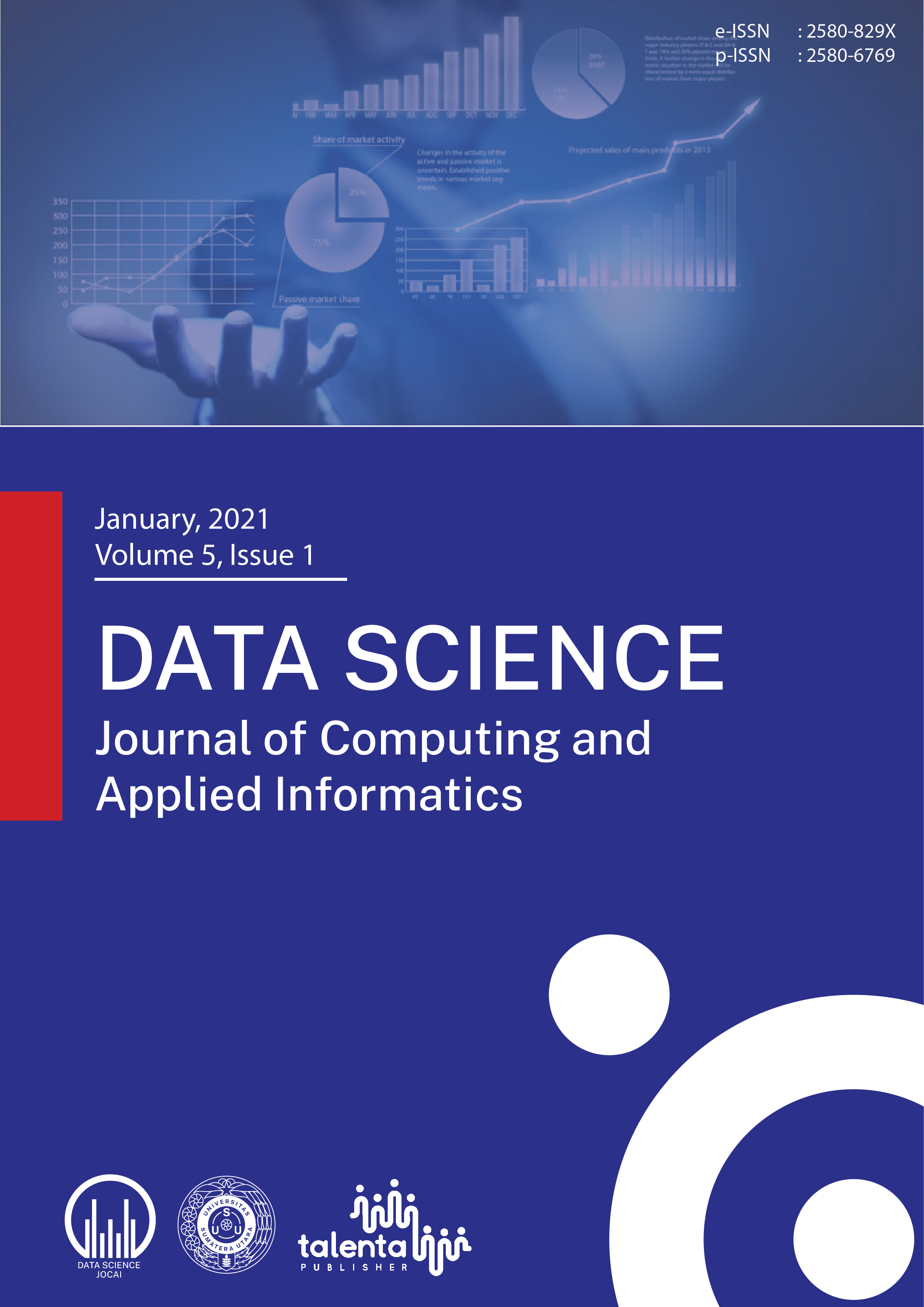A Development of E-Learning-Based Instructional Media for English At Medan Civil Aviation Academy
DOI:
https://doi.org/10.32734/jocai.v5.i1-4350Keywords:
E-learning, English, Instructional Media, civil aviationAbstract
The research aims to: (1) give comprehension of the concept of E-Learning as an instructional media; (2) develop E-Learning based instructional media for English; (3) know the effectiveness of E-Learning as an instructional media to improve cadets’ skill in English. E-Learning based instructional media was developed in Learning Management System (LMS) of Medan Civil Aviation Academy consisting of applicable features to be used easily and effectively by lecturer and cadets based on Elementary English lesson plan. The research was conducted at Medan Civil Aviation Academy in the odd semester of 2019/2020 academic year. The population was 144 cadets of first year and 24 cadets were taken as the sample through cluster random sampling technique. The method used in this research was research and development method and the technique of collecting data were by test and questionnaire.The results of the research concluded that: (1) cadets conducting E-Learning based instructional media achieved higher score (70,10) than conventional method (56,67); (2) development of E-Learning based instructional media showed high effectiveness in learning process gained from valid and reliable questionnaire (r11 = 0.8205); (3) development of E-Learning based instructional media was stated in “ a very good category†in term of usability aspect.
Downloads
References
E. Indrayani, “E-learning: Konsep, dan Strategi Pembelajaran di Era Digital (Implementasi pada Pendidikan Tinggi),†J. Ilm. Visioner Tahun, 2007.
E. Koswara, “Konsep pendidikan tinggi berbasis e-learning: Peluang dan tantangan,†Pros. Konf. Nas. Teknol. Inf. dan Komun. Indones. ITB, pp. 3–4, 2005.
Y. P. Turino and A. Soeleman, “E-learning Bahasa Inggris Berbasis Web,†J. Teknol. Inf., vol. 5, no. 2, pp. 726–739, 2009.
C. L. Yeung, L. Zhou, and C. Armatas, “An Overview of Benchmarks Regarding Quality Assurance for eLearning in Higher Education,†in 2019 IEEE Conference on e-Learning, e-Management & e-Services (IC3e), 2019, pp. 1–6.
V. Mutiawani, M. Chaidir, R. P. F. Afidh, I. Irvanizam, M. M. R. Amalia, and J. Juwita, “Reconstruction of LariJava Learning Programming Website Using MVC Concept,†in 2019 IEEE International Conference on Engineering, Technology and Education (TALE), 2019, pp. 1–6.
S. Saay and T. Margaria, “Xmdd as key enabling technology for integration of large scale elearning based on nrens,†in 2020 IEEE 20th International Conference on Advanced Learning Technologies (ICALT), 2020, pp. 45–46.
P. V Kulkarni, R. Phatak, B. Bhate, R. Deshpande, and S. Rai, “Recommendation System for Enhancing eLearning using Deep Learning,†in 2019 IEEE Pune Section International Conference (PuneCon), 2019, pp. 1–4.
S. Arikunto, “Proses Penelitian Suatu Pendekatan Praktek,†Jakarta PT Rineka Cipta, 2002.
sumberdaya.ristekdikti.go.id, “Era Revolusi Industri 4.0, Saatnya Generasi Millennial Menjadi Dosen Masa Depan,†2018. [Online]. Available: http://sumberdaya.ristekdikti.go.id/index.php/2018/01/30/era-revolusi-industri-4-0-saatnya-generasi-millennial-menjadi-dosen-masa-depan/.
Sudjana, " Metoda statistika," Tarsito, Bandung, 2002.
Downloads
Published
How to Cite
Issue
Section
License
Copyright (c) 2021 Data Science: Journal of Computing and Applied Informatics

This work is licensed under a Creative Commons Attribution-ShareAlike 4.0 International License.















